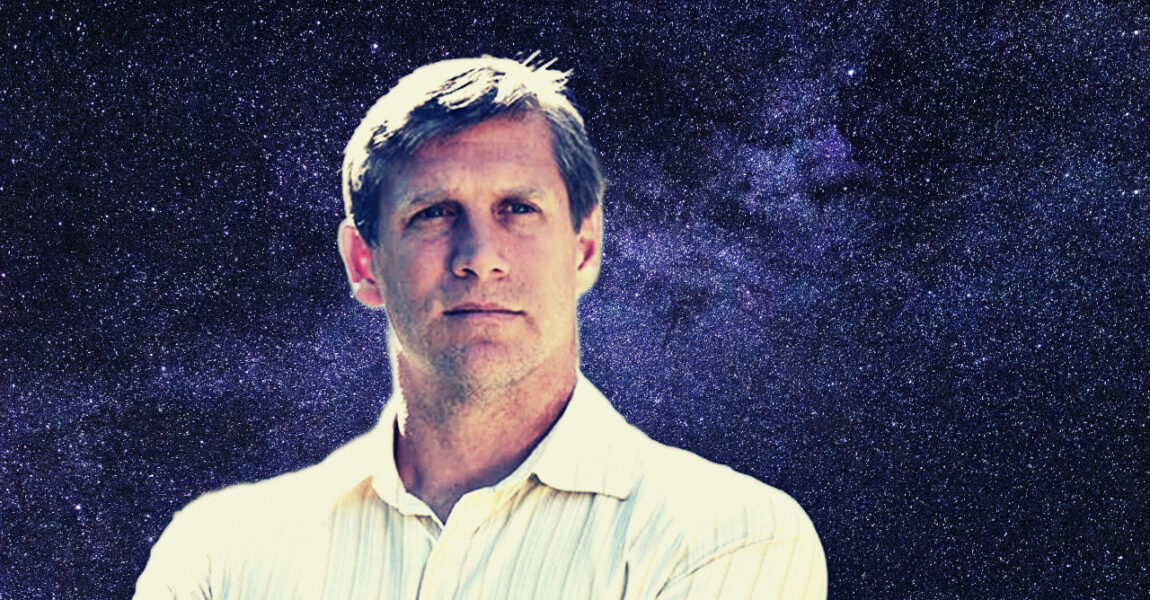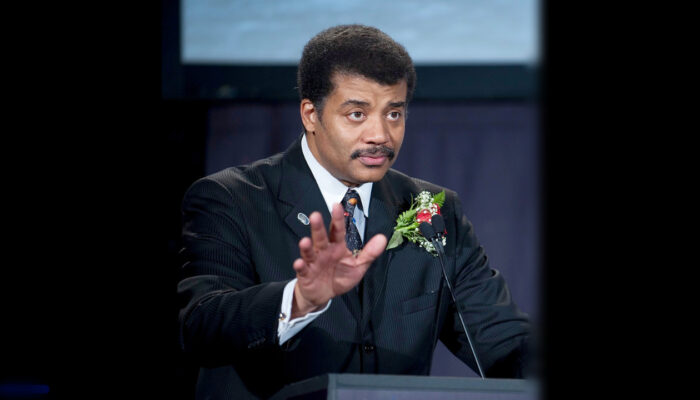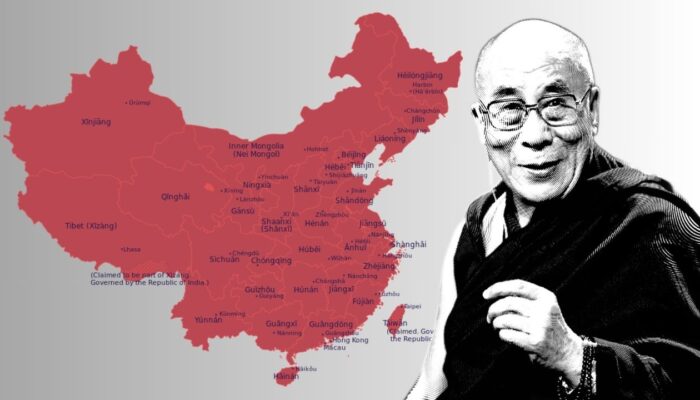
The following is the introduction to Zoltan Istvan’s nonfiction book of essays: The Theistcideist: A Transhumanist Explores Spirituality, Religion, and Atheism.
For years I’ve called myself an atheist, but naturally I am not one. Anyone that thinks they know for sure whether God exists or doesn’t exist is taking an irrational stance in not thinking about the question probabilistically. Some things are simply unknowable by the three pounds of meat called a brain we all carry on our shoulders—there’s little evidence today one way or the other to prove divinity (or lack of it).
That said, while agnosticism is the most rational perspective to hold, there’s ample evidence that institutionalized religion through the ages has harmed humanity greatly. The Inquisitions, multitude of holy wars, September 11th attacks, child brides, cliterdectomy—and even minutiae like my own personal suffering at Catholic grade school—are just a few of the countless pieces of evidence that show religion harms society. It’s for this reason I sometimes actively take an atheistic stance in public life, and not the more docile agnostic path. Atheism for me is a platform to challenge the irrational and harmful beliefs the majority of the world insists upon, whether it be blue four-armed deities, Arabic prophets, crucified saviors claiming to be the son of God, or the thousands of other divinities humans have contrived.
For most of my adult life, I’ve often considered myself an apatheist, one who doesn’t care about religion or gods in one way or the other. But modern physics and cosmology has made me leave that badge behind. Too many marvels of science and technology make me realize that we are almost certainly not alone in the universe—and that super-intelligent alien civilizations probably comprised of artificial intelligence or even pure organized atomic intelligence are scattered through the cosmos. I’m not alone in this once-kooky belief; plenty of NASA scientists think the same thing now. The evidence is simply overwhelming.
The university has trillions of stars and billions of habitable planets. In all likelihood, we are not the sole accident of intelligent life in the nearly endless galaxies out there. That would be a near mathematical impossibility, and it also sounds like modern-day Flat Earth theory to me.
But then what if we are not alone? Is God out there? Or is something out there quickly evolving into God other than embodied AI? Or did God already exist and die, as I explain in my controversial theistcideist perspective—which is the best theory I have right now supporting my agnostic metaphysical and personal beliefs.
It’s exciting to ponder what new powerful intelligences will be like in the 21st Century, especially as humans are on the cusp of creating bonafide artificial general intelligence—something that will almost surely rival and quickly surpass our brain power in the next decade or so. What will an intelligence be like when it’s twice as smart as people? What about ten thousand times smarter?
The exponential evolution of the microprocessor will likely lead to a Singularity event probably by 2050 when our three-pound brains can no longer understand the evolved intelligence of super-smart machines. They will simply leave humans behind in terms of logic, understanding, and experience. For theists and atheists alike, the million-dollar question is: How smart does a machine need to be to be called God?
I don’t have the answers to this and other religious-futurist questions. But my book of essays, The Theistcideist, attempts to organize my years of writing and campaigning as a secular activist and anti-religious thinker. While I’m steadfast in my dedication to reason and the Scientific Method—and to ending the harm formal religion has caused to society—the essays in The Theistcideist also explore what the future of atheism and, yes, spirituality, may be like in the coming transhumanist age.
To continue reading Zoltan Istvan’s collection of essays, you can buy The Theistcideist: A Transhumanist Explores Spirituality, Religion, and Atheism in paperback or Ebook on Amazon.
Zoltan Istvan writes and lectures on transhumanism, artificial intelligence, and the future. He is the author of The Transhumanist Wager, and is the subject of the forthcoming biography by Dr. Ben Murnane and Changemakers Books titled, Transhuman Citizen: Zoltan Istvan’s Hunt for Immortality.


